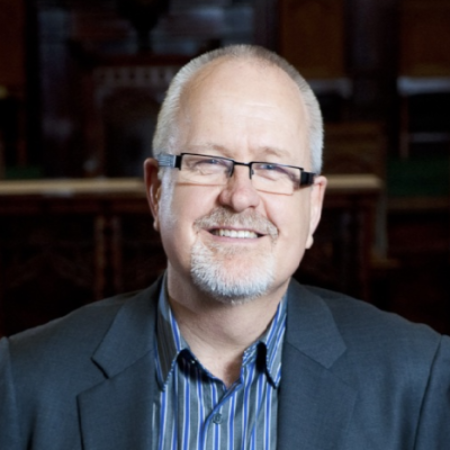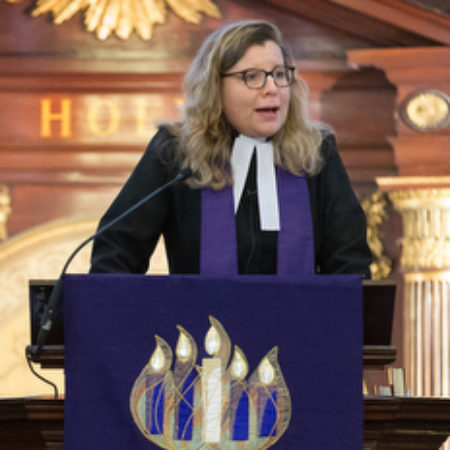God’s Providence usually works by people, moved by the Spirit of God, sharing when they have more above their own needs.
Sermons on Generosity
When you know yourself truly beloved by God in Christ, you are freed from fear and shame to live fully and generously and courageously.
Jesus calls all who are worn out from maintaining appearances as hosts to relax into the humility of being guests.
Inviting Christ into your dwelling means being renovated from the inside out.
All our dinners are an anticipation of the vision of a new world, where God’s very self dwells with mortals, all are welcomed, and all pain is taken away.
God’s generosity provides the context for our worship and the model for our living, especially when we are faced with hostility.
God’s kindness is exceptional, and we too are called to be courageous in exceptional kindness and loyalty.
We live in amidst a culture of highly toxic, self-righteous, finger-pointing. Jesus calls us to a radical love which will stop the blame game but still speak transforming truth to those who oppress.
The indiscriminate ways Jesus shared and spoke about food broke the rules of his society and the rules of many churches down to this day.
If we surrender ourselves to the Holy Spirit, we lose some of our inhibitions about social conformity and are liberated to break down the boundaries that keep people apart.
Jesus calls us to a Resurrection Imagination, praying for courage and discernment on how to use your resources until the dream of a world where there are no poor among us is fulfilled.
When theology and discipleship follow the path of God, they take us beyond an obsession with borders to a new engagement with the kingdom of God, present and tangible in all the earth.
Where affluence creates consumers, abundance creates neighbours. It is the ethic of possessions which Jesus commends to us as a promise of how God deals with us.
The things we have we are to hold with open hands, looking with a generous eye for the oppotunities to share our resources in ways that make a difference.
Because of God’s extravagant and eternal generosity, we are raised out of death and into God’s life and a burning desire to participate in God’s passionate concern for the world.
The refining fire made known in Jesus is not targeting “morality” issues, but our hatreds, hostilities and inhospitableness.
Every coin you are holding already belongs to God: every bitterness, every hurt, every disappointment. Do not hold a single one back.
Jesus’s invitation is radically open and inclusive, and we need to guard carefully against our own culturally conditioned instincts to start narrowing and policing it.
Jesus rejects the opportunity to fulfil our hopes and expectations in order that he might give us more than we thought possible.
With every step we take towards God’s economy, we will become more powerful in our witness to God’s saving action and love for the world, and be filled ever more deeply with God’s good grace.














